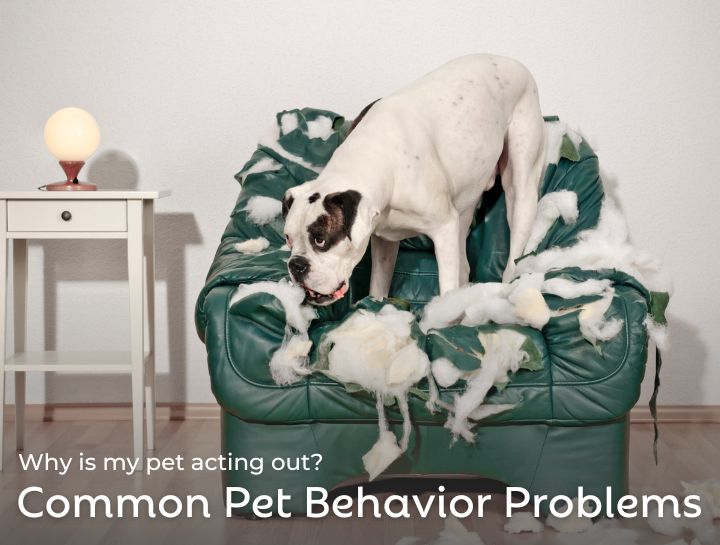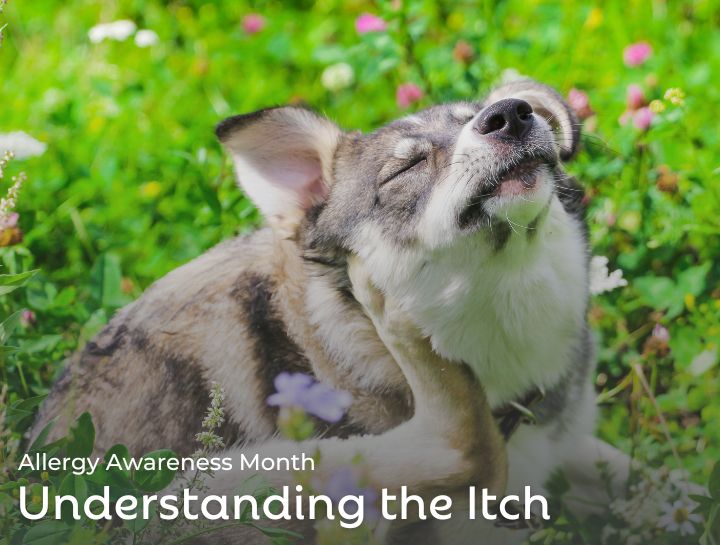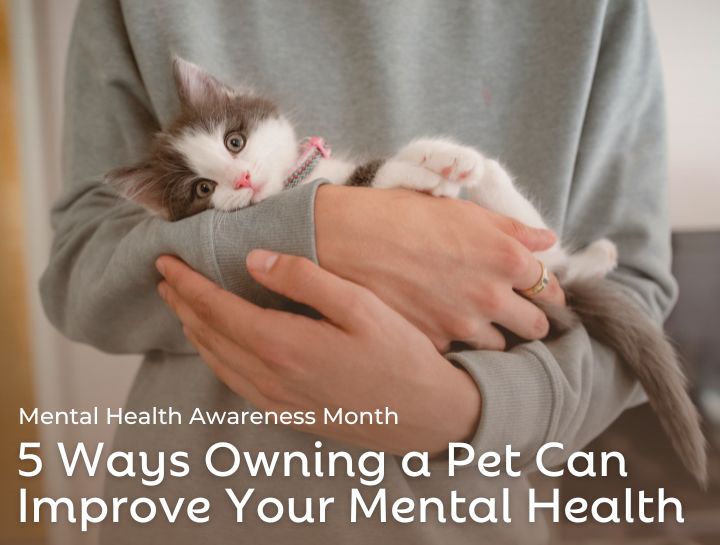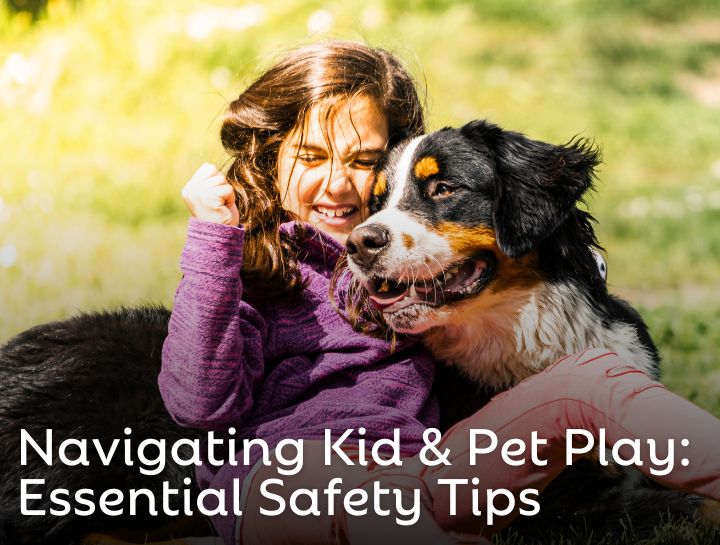News & Articles
-
July 8, 2025
Six Ways to Support Your Local Animal Shelter Beyond Adoption
Impactful ways to support your local animal shelter, from donations and fostering to volunteering and social media advocacy.
READ MORE -
June 12, 2025
Why Is My Pet Acting Out? Common Behavior Problems
Discover common causes of behavior problems and what you can do to create a happier home for you and your pet.
READ MORE -
May 22, 2025
Pet Allergies | Understanding the Itch
Learn more about the most common signs and triggers of pet allergies, along with helpful tips for managing them at home.
READ MORE -
May 6, 2025
5 Ways Owning a Pet Can Improve Your Mental Health
Highlighting 5 major benefits pet ownership can have on your mental health.
READ MORE -
April 25, 2025
Navigating Kid and Pet Play: Essential Safety Tips
Tips for fostering positive interactions between kids and pets including recognizing pet anxiety signs, and creating safe spaces for both children and animals.
READ MORE -
April 7, 2025
Should You Get Pet Insurance?
Learn about the benefits of pet insurance, coverage options, and how it can save you money while ensuring your pet's health and happiness.
READ MORE -
March 18, 2025
Essential Tips for Poison-Proofing Your Home
Keep your pets safe from household poisons with these tips.
READ MORE







